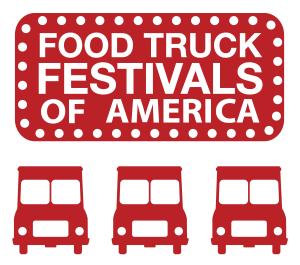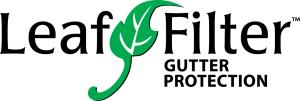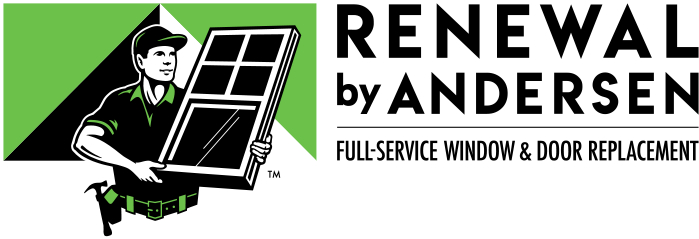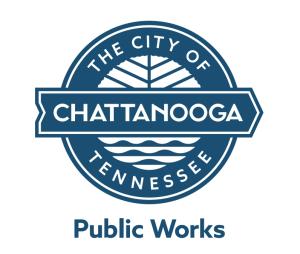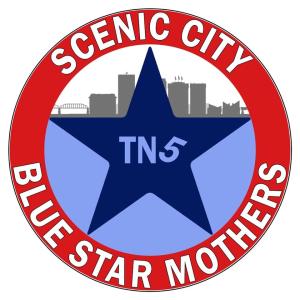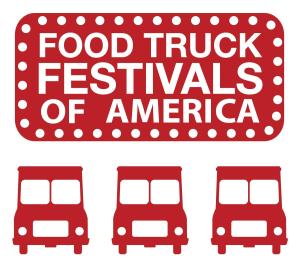Food Truck Festivals of America, LLC is a full-service turn-key Food Truck & Craft Beer Festival event marketing that is the largest in the US! It was launched in 2011 in New England. It was the first of its kind, not only in the New England Region but in America. It all started with Food Truck events in the Boston Area, including events all over Massachusetts, New Hampshire, Connecticut, New York & Rhode Island. It evolved years later, putting on Food Truck events across the country with an added component, “Craft Beer!”
FTFA has put on over 200 large events, and our goal is not only to introduce communities across the country to the booming phenomenon of gourmet food trucks but also to support the small business owners who run them.
We aim to create destination events featuring the trucks and the food they serve, along with the country's best craft beer and beverages.
Who wants to be a “FOOD OFFICIAL PARTNER” and connect your brand with Food Truck Festivals of America?
Show more

Show less

Mar 22, 2025 · 11:00 AM - Mar 22, 2025 · 6:00 PM(GMT-04:00) Eastern Time (US & Canada)
Metered parking on the street. NO free parking available for vendors.
Show more

Show less

TRUCK REQUIREMENTS PER THE FIRE MARSHAL:
Every truck should have One Fire Extinguisher 2A:10B: C Tagged by a Third Party Certified Fire Protection Company. Secured in the truck and or mounted.
Every truck that cooks food that uses grease or fries food should have a regular red fire extinguisher, as I described above, and a K-Class, which is Silver on the outside for cooking/grease fires. Both are tagged by a Third Party Fire Protection Company. Secured in the truck and or mounted. The K-Class has to be within 10 ft of the cooking equipment. ALL FIRE EXTINGUISHERS HAVE TO BE TAGGED IN DATE WITHIN A YEAR.
Kitchen ANSUL suppression systems: All have to be tagged by a Third Party Certified Fire Protection Company. These are done two times a year. So these tags- inspection dates have to be within six months.
Kitchen Hood Duct Work to Exit: All hoods, grills, and cooking equipment should be clear of build-up grease. This is a hazard for a fire by itself. The hood filters can be cleaned by you. The hood duct work inside the exit has to be cleaned by a third party and tagged with the date of cleaning and should have the next date due. These are generally cleaned every three months, which is a good standard, but can be six months according to use. Please don't come here with a grease build-up inside the hood itself.
If you have any exit and emergency lights on or in the truck, they have to work properly.
Make sure there are no electrical hazards, as there are no cover plates on any junction boxes, electrical outlets, or open spaces in an electrical panel. Extension cords are not made for permanent use- I know there will be some used, but make sure there are no frayed ends or exposed wiring on cords or surge protectors. All should be UL-listed and rated for indoor and outdoor use.
Try to make the areas around the food trucks as safe as possible with no trip hazards.
TENTS: Tents should have fire-flame retardant information on them: Permanently affixed label bearing the identification of size and fabric or material type. Tents should be 20 ft apart or away from other membrane structures. Cooking and heating equipment shall not be located within 10 ft of exits or combustible materials.
PROPANE TANKS: Shall be secured.
GENERATORS: Shall be installed not less than 10 ft of combustible materials shall be isolated from the public by a physical guard, fence, or enclosure not less than 3 ft away from the internal combustion power source. TENTS Generators should be 20 ft from the tent itself.
ANOTHER POINT- FLAT GRILLS AND FRYERS, PLEASE CLEAN UP YOUR COOKING EQUIPMENT, COOKING SURFACES, AND THE EQUIPMENT ITSELF AND BEHIND IT. I SAW A FEW FOOD TRUCKS LAST TIME AND ONE TENT THIS YEAR THAT HAD A LOT OF GREASE BUILDUP. THIS IS A HAZARD TO STARTING A FIRE, AND THIS CAN AFFECT YOU, OTHER VENDORS AND THE PUBLIC. EVEN IF THE HEALTH DEPARTMENT PASSES YOU, I WILL NOT IT IF IT IS SEVERE ENOUGH. FIRES HAPPEN LIKE THIS QUITE OFTEN.
Show more

Show less


